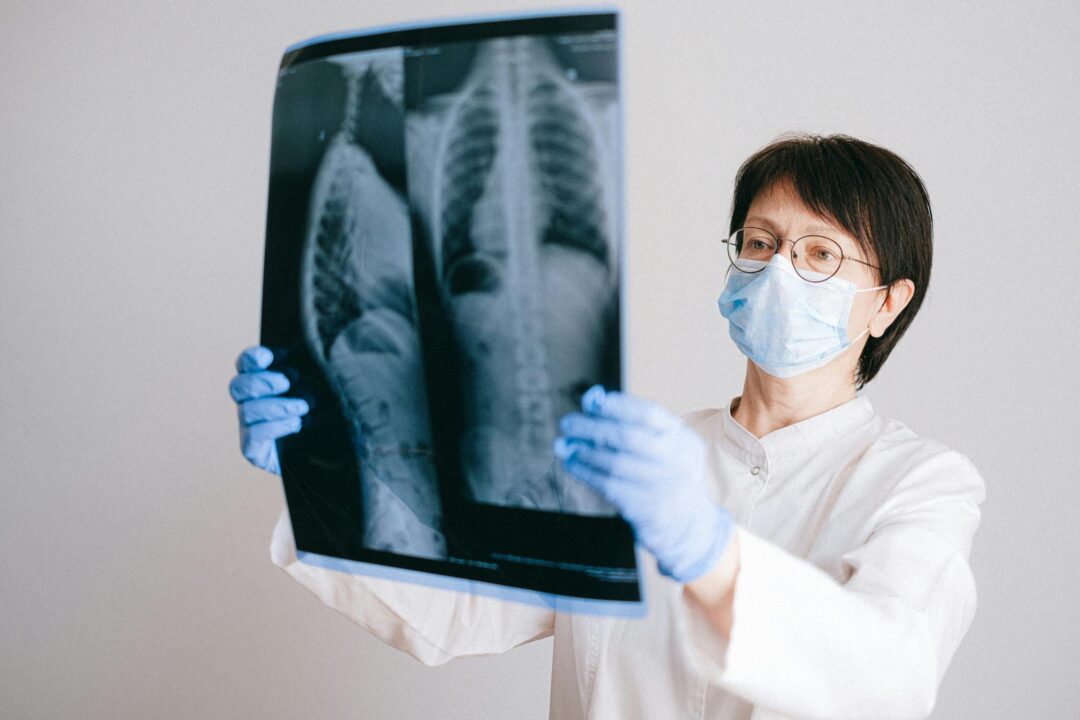During the COVID-19 pandemic, the world’s attention was focused on battling the virus and protecting public health – but at what cost? When most of the world was shut down out of precaution for the health and safety of each other, emerging evidence now suggests that the pandemic has had far-reaching consequences beyond the realm of infectious diseases. One such consequence was the unexpected rise in cancer rates.
After closer examination through seminal research by Qingwei Luo and colleagues in The Lancet Public Health, it is estimated that in Australia alone, a 1-year interruption to health-care services and a 26-week delay in treatment would lead to 1719 additional deaths between 2020 and 2044 among colorectal cancer patients.
Another recent study led by researchers at the American Cancer Society, unveiled that the COVID-19 pandemic led to a 3.2% increase in cancer-related deaths in the United States from 2019 to 2020. In a UK study, breast, colorectal, lung, and esophageal cancers account for around 3291 to 3621 deaths and an additional 59,204 to 63,229 years of life lost (YLLs), which could have been avoided if it wasn’t for delays in cancer diagnosis as a result of the COVID-19 lockdowns.
The grim prediction from these findings is that more life is expected to be lost in the coming years. Delays in cancer screenings, diagnosis, and treatment have significantly impacted patient outcomes, highlighting the critical importance of maintaining access to essential healthcare services during public health crises.
One of the key factors contributing to the increase in cancer rates was the disruption of routine cancer screenings. As lockdowns and quarantine measures were implemented to curb the spread of the virus, many preventive screenings for cancers such as breast and colon cancer were canceled or postponed. This interruption in screening programs has not only delayed the detection of cancer but has also led to missed opportunities for early intervention when treatment outcomes are typically more favorable.
For individuals whose diagnosis was already known, and their care journey’s were either underway or set to begin, all surgeries and chemotherapy treatments were also halted and postponed during this time. The longer surgery for colon cancer is delayed, the risk of death increases by 6% every four weeks. Similarly, delaying adjuvant chemotherapy for colon cancer, a substance administered that enhances the body’s immune response to an antigen, raises the risk of mortality by 13%.
Beyond the disruptions to cancer screenings and treatments, emerging research suggests potential biological mechanisms linking COVID-19 to cancer progression. Recent research suggests that individuals who have recovered from SARS-CoV-2 infection and COVID-19 may be at an increased risk of developing cancer. This theory stems from findings indicating that the virus can influence pathways related to cancer development, leading to persistent low-grade inflammation and tissue damage.
While cancer development typically doesn’t stem from isolated incidents, there’s a hypothesis suggesting that COVID-19 might predispose individuals to cancer development and hasten the progression and spread of cancer. On the other side of the coin, patients with pre-existing conditions such as cancer are at higher risk of developing severe forms of COVID-19, further complicating their cancer management and prognosis.
The advancement, reappearance, and spreading of cancer is influenced by the intricate interplay between the tumor and the inflammatory response of the host. Severe COVID-19 is characterized by extreme proinflammatory cytokine release (cytokine storm) and multi‐organ failure. In addition to compromised T-cell response, heightened levels of cytokines, growth factors, and chemokines found in the blood of patients during the acute phase of COVID-19, along with tissue damage and persistent low-level inflammation in long COVID-19 syndrome, could potentially promote the progression and recurrence of cancer. In addition to the impacts, underlying medical conditions such as cancer, cardiovascular diseases, renal diseases, and type I/II diabetes elevate the risk of severe COVID-19 infection.
Furthermore, the pandemic has exacerbated existing disparities in cancer care, disproportionately affecting vulnerable populations such as racial and ethnic minorities and those with limited access to healthcare resources. The disparities stem from a multitude of factors, including underlying health conditions such as hypertension, cardiovascular disease, and diabetes, which are already prevalent in this population. Additionally, socioeconomic factors like essential work status, limited access to remote work, higher density living conditions, and inadequate healthcare access contributed to increased risk.
We must figure out how to keep the lights on for all those patients who need access to care, even when the risks seem high. Investing in research to better understand the complex interplay between COVID-19 and cancer is crucial for developing targeted interventions and improving patient outcomes. Collaborative efforts from all of us, be it healthcare providers, policymakers, researchers, organizations and community organizations are essential to address the multifaceted challenges posed by the pandemic and its impact on all care, especially cancer care. By recognizing the hidden link between the pandemic and the rise in cancer rates, we can work towards implementing effective solutions to mitigate the impacts on patients and ultimately save lives.
With the help of Thermal Custom Packaging’s cold chain support solutions, vaccines and biologics can be transported safely to ensure that this small but significant piece of the healthcare puzzle does not cause a bottleneck in the next crisis that hits our healthcare system.
